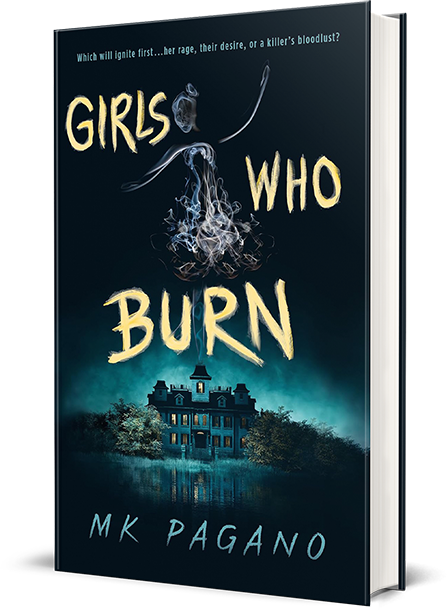What Makes A Book Young Adult?

This may be an obvious question for some of you, but…
I want to talk about the time that I realized that not everyone — including some writers! — actually know what “young adult literature,” more commonly known as YA, really is.
I had a potential critique partner reach out to me a while ago looking to exchange YA manuscripts. Since I could have used another CP at the time, I said sure, let’s exchange the first chapter and see if it’s a fit.
And it became immediately clear to me that we weren’t a great fit because her manuscript was … not YA.
For starters, her two protagonists were aged ten and aged fifty. Secondly, she had a tendency to write in very long, descriptive paragraphs, without a ton of dialogue to break it up, and very little action. And thirdly, it seemed as though the plot would be largely concerned with this little boy and his middle-aged friend and their small cat friend solving a mystery.
(Don’t worry, I’ve changed the details of her manuscript so even if this person somehow comes across this post, years after this happened, I don’t think she’ll recognize it as hers.)
So what makes a manuscript YA?
1. Your protagonist(s) must be teenagers Generally he or she or they will be between the ages of fourteen and nineteen, more often somewhere in the middle. The book is written for that age range, so it makes that the characters are that age range.
2. Your writing needs to be for teens There are variations on what this means, and I am BY NO MEANS suggesting you “dumb down” your writing for teenagers. Teenagers are smart, interesting people and they deserve to be treated as such by the people writing for them. Yet generally YA books have similar things in common, format-wise. They tend to be faster-paced than adult books, which means fewer long descriptive paragraphs, more dialogue and action. YA also tends to be shorter than adult (which I am actually not thrilled about), so you need to take that into consideration as well.
3. Your themes need to be for teens I didn’t get far enough to know what her theme would end up being, but she told me there was nothing about coming-of-age, no romance, and not really much character growth. It was really all about solving this mystery (with a cat!) YA books, generally, deal with themes of growing up. Whether it’s romance, or changing relationships with their friends or family or dealing with sex or gaining confidence or whatever else, there needs to be some change in the teenage characters by the end of the story that has to do specifically with their age. Which also makes sense–your teenage years are when you’re growing pretty rapidly. Things are confusing. Things are scary. That is why teens look for stories about themselves, or at least why this former teen did — to make sense of it all.
I told the potential critique partner all of this, very nicely, and her response was, “But I still think a teenager could read this.”
Well, of course they could. Just the same way that adults read YA all the time. But the book as she had it was not YA, and she would not have been able to market it as such.
I suggested (again, nicely) that she, you know, read some YA books to get a better idea? She responded she doesn’t have time to read. To which I wanted to respond, SIGH. But that’s a whole ‘nother rant.
So! That is what is, and what is not, YA. Is there anything else you’d add?
Image found here


such a good writing! sometimes it does get hard when you want to buy a book but not sure about thr category. this will help me next time i buy one! thanks
Great post! I would love it if you checked out my YA book blog:
https://readsandroses.com/
Thanks! And following 🙂
Thanks!
“She responded she doesn’t have time to read.”
My jaw just dropped. The first red flag is not understanding the market, but the second red flag is the fact that she won’t even read the book in her intended target audience? I can’t even.